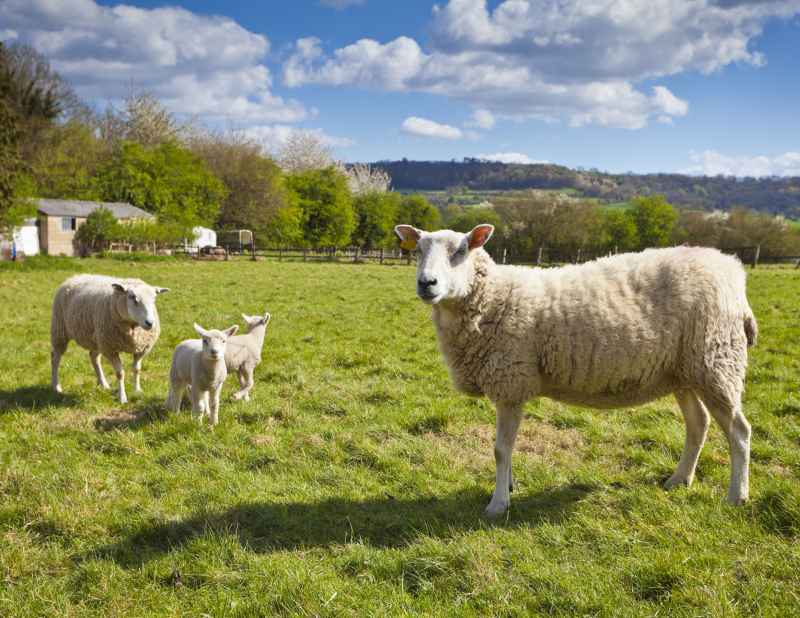
Sheep farmers have reminded the media of their responsibilities to ensure statements are factually correct following concern that the sector is being put in a negative light.
In particular, there is increasing concern that some media outlets are blaming British livestock farming as a key cause of global warming and greenhouse gas emissions.
The sector has been the target of 'incomplete' carbon foot printing science and guidance for 'years', according to the National Sheep Association (NSA).
Chief Executive, Phil Stocker said the media must take responsibility to ensure statements made are factually correct.
He said: “It's this science that has suggested that the more extensive the farming approach the worse its climate impact is.
“But this is now outdated, and we have a far more holistic understanding of life cycles and also of the trade offs between greenhouse gases, the land-based environment, resource use, and productivity.
“The media is behind the curve and is still peddling outdated and misleading information that risks damaging something that is actually of great benefit to the environment and society,” he said.
Statistics frequently used are based on global research, meaning huge intensive units, common in other countries across the world, with thousands of animals reared inside are included in the numbers.
Farmers have concerns that the UK sheep sector, which is extensive, predominantly grass based and regenerative, should not be included in the same light.
Mr Stocker added: “In the UK sheep, and most of our cattle, are fed on grass-based diets and it is unusual for sheep to be housed and fed for anything more than short periods.
“Grazing animals contribute positively to the landscape and environment and the myth that they are killing the planet through methane is just about broken.”
The sheep group also emphasised the importance of thinking through the sustainability of diets.
It said that eating UK-sourced grass-based meat is better for the environment than 'industrially produced artificial substitutes', which is often the case in 'healthy vegan options', according to the NSA.
“Things like almond milk, palm oil, and soya-based foods, with added supplements to make sure they are nutritious are hardly environmentally benign or natural,” Mr Stocker said.
